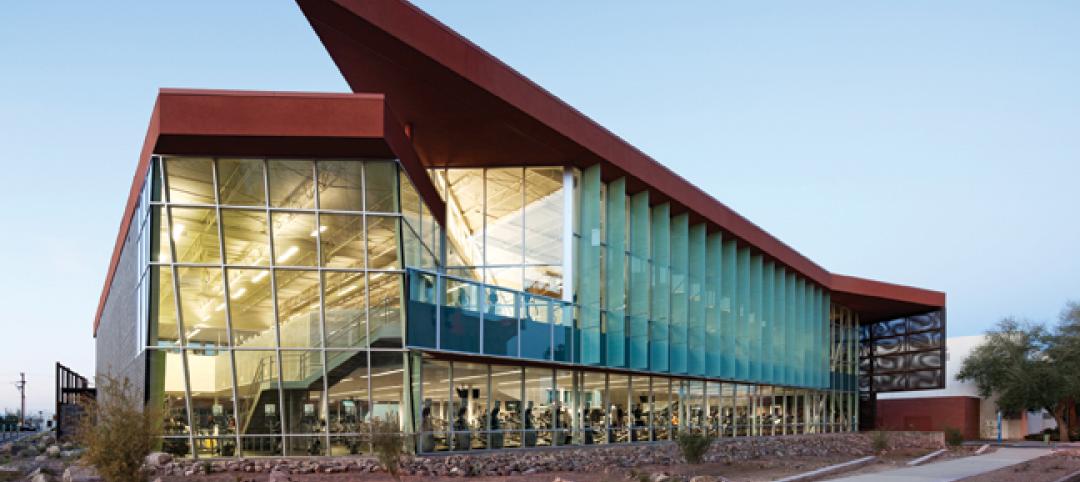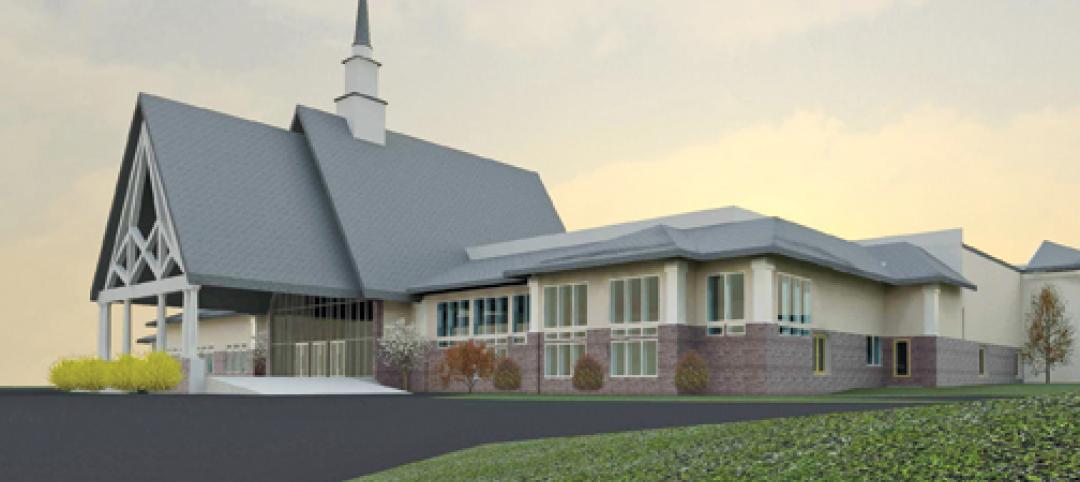Established on the South Coast of New South Wales in 1980, Edmiston Jones (EJ) is an architectural firm based in Nowra, Wollongong and Batemans Bay. The practice has grown to a solid architectural team consisting of qualified architects supported by technicians and clerical assistants. Their prime objective is to provide highly creative and innovative design solutions delivered with a clear management process that keeps clients involved and informed. Environmentally sensitive buildings that maximize site opportunities, while responding to climate and context, are the outcome of their design process.
Challenges
Edmiston Jones was in need of a simple and efficient billing process. Employees used to manually enter their time into Excel and then produce invoices on a separate system based on the spreadsheet calculations. “Using one system to enter data and then transferring this data to different software to create invoices and reports was very time consuming and open to errors”, said Lesley Drysdale, Accounting Manager of EJ. She wanted a software product that would streamline the entire process and automate time and expense tracking, billing, invoicing and reporting for her firm.
Solution
Since EJ employees primarily use Apple computers, they needed a solution that was compatible with Macs. The Executive Assistant at EJ was in charge of the product evaluation process and she found that there were not many Mac-based solutions available that were easy to use and had the functionality that they were looking for. After researching online, she stumbled upon ArchiOffice and was immediately attracted to the product’s intuitive and streamlined design, robust features and high level of value for a reasonable price. She requested a live demo to see the software in action and was not disappointed by the presentation.
Benefits & Results
Smart Project Management
Since installing ArchiOffice, employees at EJ have had great experiences working with the software. Lesley mentions that the firm heavily uses the project management and reporting features: “Project leaders use the tasks and time sheet reports in ArchiOffice to manage their time and percentages on a weekly basis. Also, phases and job codes work well - we have a few projects that use consultants as part of our fee, so sub-phases are a great way to manage this as well as producing reports. The Budget vs. Actual Report gives us the necessary information for our monthly billing cycle and the best part is we can invoice from the same software that we use to track time.”
Robust Reporting
“I use the Report section quite a lot to produce information relevant for our quarterly review meetings where we document staff percentages, non-chargeable time, write ups and downs per project and per project type, fee proposal success, professional development accrual, etc.”, Lesley continued.
Efficient Billing
When asked about how ArchiOffice has increased her firm’s efficiency, Lesley said, “Invoicing has become more streamlined and easier to manage, especially on large projects with consultants. Productivity has increased dramatically as we spend less time on managing projects since all relevant information is in one place.”
About BQE ArchiOffice:
ArchiOffice is a simple-to-use project management and time tracking software created by architects, for architects. It offers mobility that meets your needs in an intuitive and streamlined design that works across all major platforms.
To learn more about ArchiOffice or schedule a free demo today, visit here.
Related Stories
| Nov 9, 2010
Designing a library? Don’t focus on books
How do you design a library when print books are no longer its core business? Turn them into massive study halls. That’s what designers did at the University of Amsterdam, where they transformed the existing 27,000-sf library into a study center—without any visible books. About 2,000 students visit the facility daily and encounter workspaces instead of stacks.
| Nov 9, 2010
Turner Construction report: Green buildings still on the agenda
Green buildings continue to be on the agenda for real estate owners, developers, and corporate owner-occupants, according to the Turner 2010 Green Building Market Barometer. Key findings: Almost 90% of respondents said it was extremely or very likely they would incorporate energy-efficiency improvements in their new construction or renovation project, and 60% expected to incorporate improvements to water efficiency, indoor environmental quality, and green materials.
| Nov 5, 2010
New Millennium’s Gary Heasley on BIM, LEED, and the nonresidential market
Gary Heasley, president of New Millennium Building Systems, Fort Wayne, Ind., and EVP of its parent company, Steel Dynamics, Inc., tells BD+C’s Robert Cassidy about the Steel Joist Manufacturer’s westward expansion, its push to create BIM tools for its products, LEED, and the outlook for the nonresidential construction market.
| Nov 3, 2010
First of three green labs opens at Iowa State University
Designed by ZGF Architects, in association with OPN Architects, the Biorenewable Research Laboratory on the Ames campus of Iowa State University is the first of three projects completed as part of the school’s Biorenewables Complex. The 71,800-sf LEED Gold project is one of three wings that will make up the 210,000-sf complex.
| Nov 3, 2010
Park’s green education center a lesson in sustainability
The new Cantigny Outdoor Education Center, located within the 500-acre Cantigny Park in Wheaton, Ill., earned LEED Silver. Designed by DLA Architects, the 3,100-sf multipurpose center will serve patrons of the park’s golf courses, museums, and display garden, one of the largest such gardens in the Midwest.
| Nov 3, 2010
Public works complex gets eco-friendly addition
The renovation and expansion of the public works operations facility in Wilmette, Ill., including a 5,000-sf addition that houses administrative and engineering offices, locker rooms, and a lunch room/meeting room, is seeking LEED Gold certification.
| Nov 3, 2010
Sailing center sets course for energy efficiency, sustainability
The Milwaukee (Wis.) Community Sailing Center’s new facility on Lake Michigan counts a geothermal heating and cooling system among its sustainable features. The facility was designed for the nonprofit instructional sailing organization with energy efficiency and low operating costs in mind.
| Nov 3, 2010
Seattle University’s expanded library trying for LEED Gold
Pfeiffer Partners Architects, in collaboration with Mithun Architects, programmed, planned, and designed the $55 million renovation and expansion of Lemieux Library and McGoldrick Learning Commons at Seattle University. The LEED-Gold-designed facility’s green features include daylighting, sustainable and recycled materials, and a rain garden.
| Nov 3, 2010
Recreation center targets student health, earns LEED Platinum
Not only is the student recreation center at the University of Arizona, Tucson, the hub of student life but its new 54,000-sf addition is also super-green, having recently attained LEED Platinum certification.
| Nov 3, 2010
New church in Connecticut will serve a growing congregation
Tocci Building Companies will start digging next June for the Black Rock Congregational Church in Fairfield, Conn. Designed by Wiles Architects, the 103,000-sf multiuse facility will feature a 900-person worship center with tiered stadium seating, a children’s worship center, a chapel, an auditorium, a gymnasium, educational space, administrative offices, commercial kitchen, and a welcome center with library and lounge.















